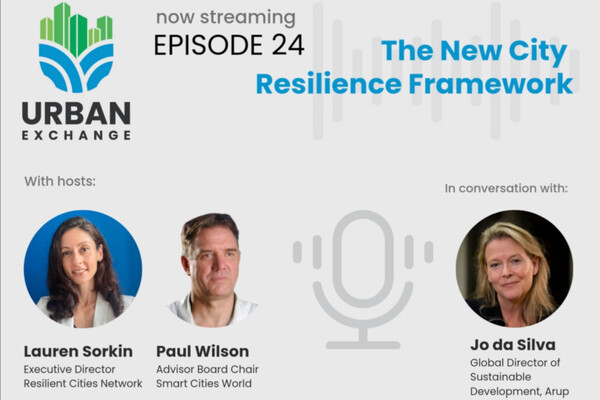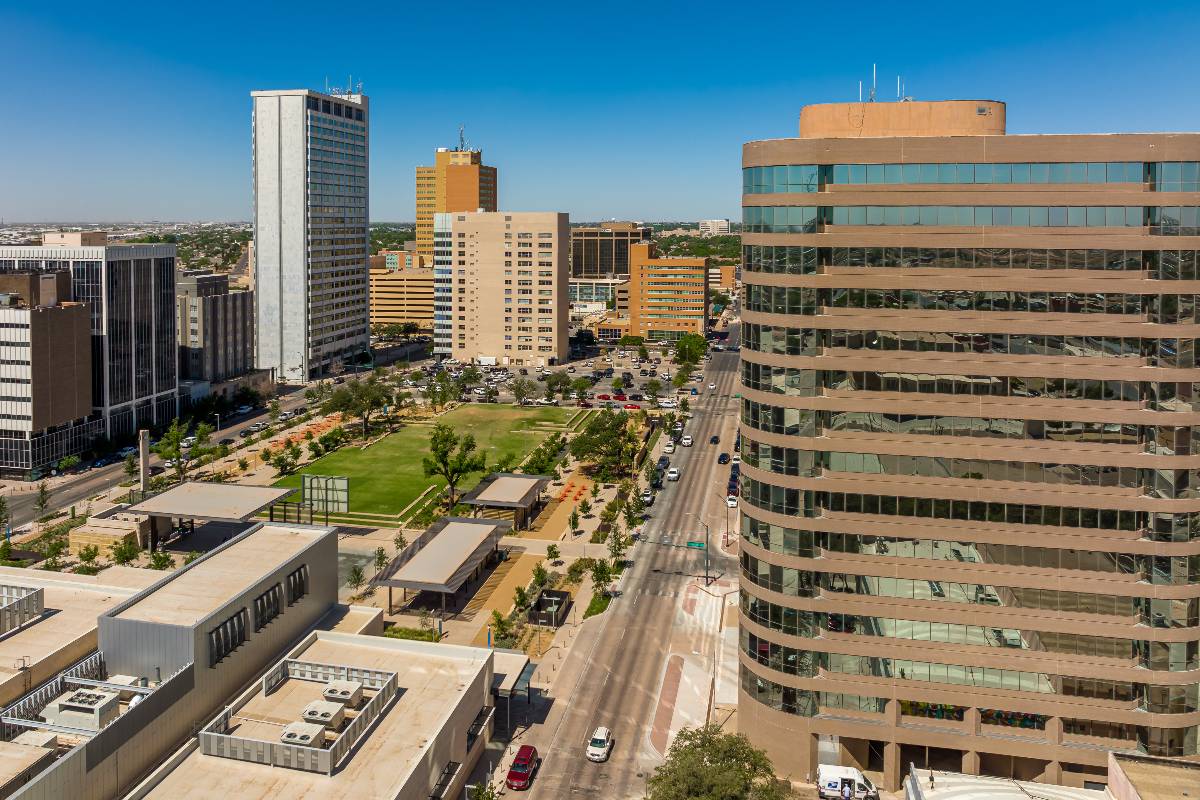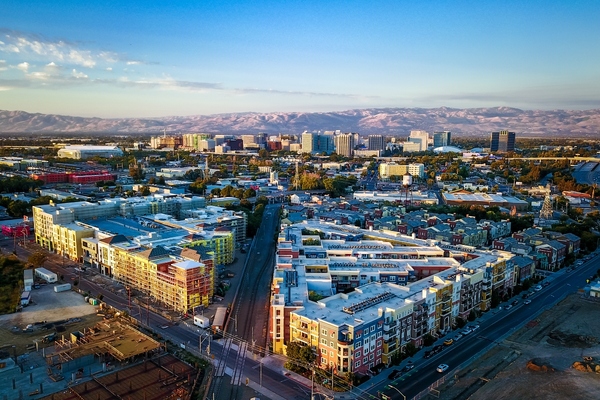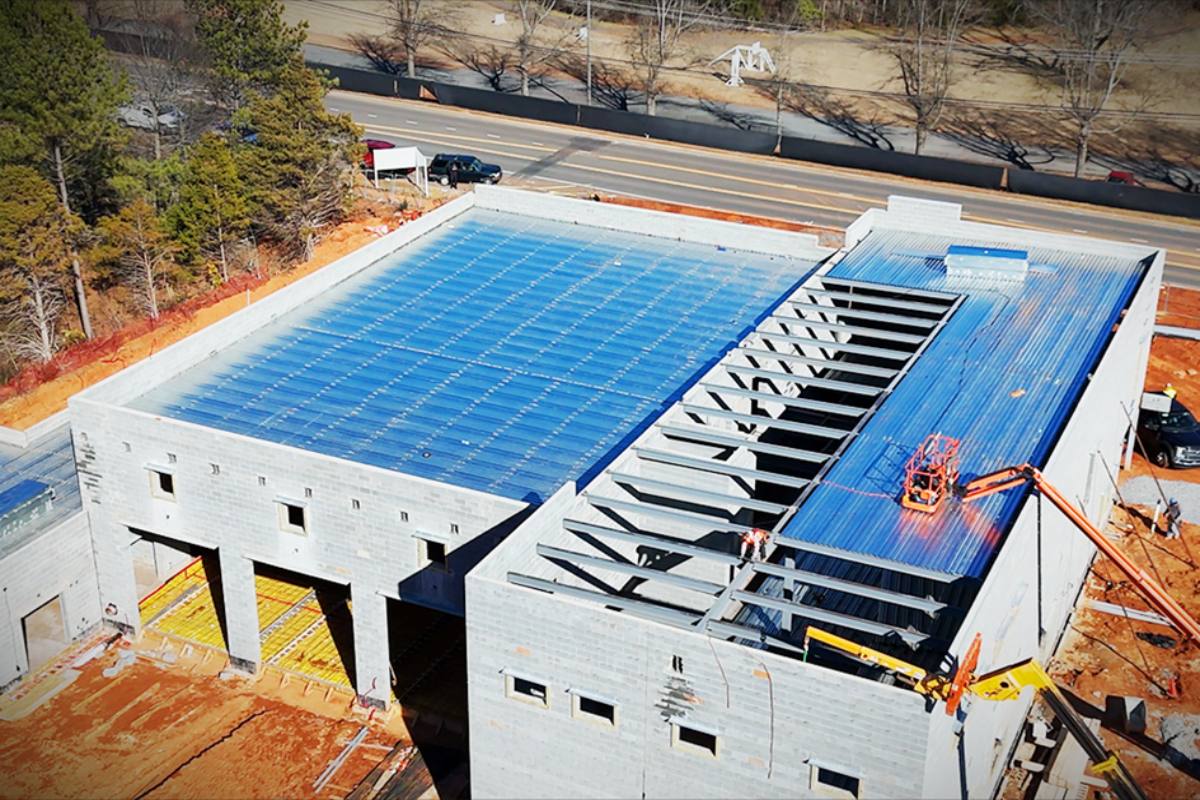Special Reports
SusHi Tech Tokyo 2024: experience ‘Tokyo 2050’ todaySponsored by The SusHi Tech Tokyo 2024 Showcase Program Executive Committee
New board members and Global Steering Committee for Resilient Cities Network
Resilient recovery, climate resilience and circular economies highlighted as priorities.

Resilient Cities Network, the global sustainable cities organisation, has announced new members to its Board of Directors and Global Steering Committee. It has also unveiled an updated visual identity that better reflects its values and a new website.
During a virtual meeting to review its strategic direction for 2021-2023, Daniel Stander, Private Sector Representative to the United Nations; Naina Batra, Chairwoman and CEO, Asian Venture Philanthropy Network (AVPN); Sylvester Turner, Mayor of Houston; Sameh Wahba, Global Director of Urban, Disaster Risk Management, Resilience, and Land Global Practice at the World Bank were introduced as new appointees for the Board by Lauren Sorkin, Executive Director of the Network.
“The reach, achievements and vision of the Resilient Cities Network are impressive,” said Sylvester Turner, Mayor of Houston. “Speaking on behalf of the Board of Directors, I can say that we feel deeply inspired by the commitment of the organisation to support the critical needs of vulnerable communities by implementing projects that address multiple shocks and stresses and are improving the lives of people.”
The Network’s new Global Steering Committee was also announced – headed-up by co-chairs Belfast, represented by Grainia Long, Commissioner for Resilience; and Christchurch, represented by Mike Gillooly, Chief Resilience Officer; with Buenos Aires, Salvador, Pune, Cape Town, Kigali, Rotterdam, San Francisco and Houston all members.
“Now more than ever building city resilience makes sense. Working with cities to create prosperous, equitable, and safe urban environments while prioritising access to healthcare for vulnerable populations is a key driver for us. We are committed to growing the practice of urban resilience across the globe in a way that it accrues social, economic, and political capital, making our cities thrive,” said Grainia Long, co-chair of the Global Steering Committee, Commissioner for Resilience, Belfast.
"Working with cities to create prosperous, equitable, and safe urban environments while prioritising access to healthcare for vulnerable populations is a key driver for us."
Resilient Cities Network’s community of city members works on a range of solutions to solve urban challenges. It has identified three priorities for its work over the next two years. The network will continue to pursue resilient recovery to reinforce equity, promote private-public partnerships and foster stronger local economies.
Climate resilience is another area of primacy, as cities will need to protect their citizens from water-related challenges, and fortify community capacity to cope with the consequences of climate change.
The third priority is the promotion of the circular economy through indigenous and technological solutions to enhance waste management and food systems.
Fuelled by the knowledge and expertise of city resilience practitioners and governments, the Network is driving projects to deliver local benefits and collective impact that benefit over 220 million citizens around the globe, 50 million of whom living under vulnerable conditions.
‘We are grateful to both the Board of Directors and the Global Steering committee for their active engagement, advice, and commitment,” said Lauren Sorkin, Executive Director. “Working with them, we feel empowered to build on the valuable legacy from which Resilient Cities Network emerges. We have in our hands a promising opportunity to enhance the quality of life, improve access to infrastructure, and build a healthier and more sustainable future for all.”
You might also like:

















